A home is a sanctuary, but small, everyday mistakes can slowly ruin it. Here are 12 things to avoid to ensure a clean, functional home.
1. Be Cautious with Cleaners
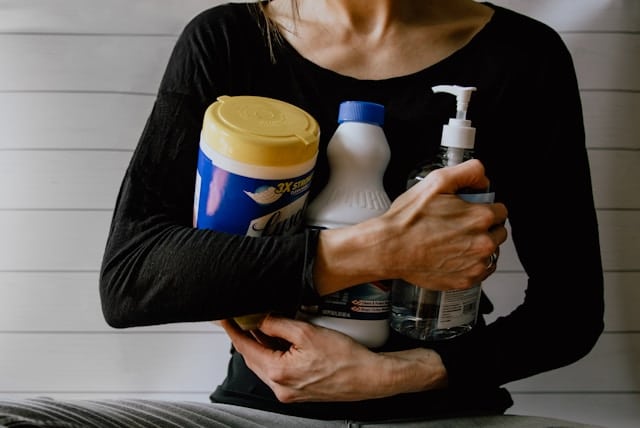
Even multi-surface cleaners can damage items when used improperly. For example, toilet bowl cleaners should not be used on grout, as the acids in them can erode the caulking. Instead, try a DIY solution using baking soda, hydrogen peroxide, and dish soap:
- 1/2 cup baking soda
- 1/4 cup hydrogen peroxide
- 1 tablespoon dish soap
- Let this mix sit for at least five minutes, then scrub with a brush to clean the grout effectively.
2. Don’t Spray Cleaners Directly
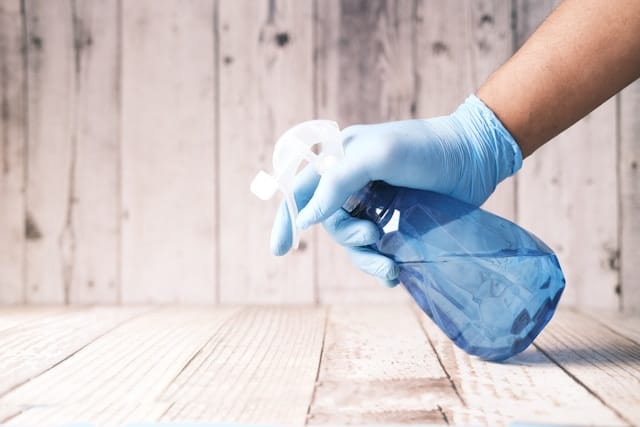
When cleaning surfaces, you may notice a residue left behind, which might not be dirt but a film from cleaners. To avoid this, spray the cleaner onto a cloth or mop rather than directly on the surface.
3. Dry Off Before Walking Around

Walking around wet after a shower does more than leave water trails. It can warp floors over time or even cause mold growth if moisture seeps in. Always dry off fully before stepping out.
4. Avoid Water Damage on Hardwood Floors
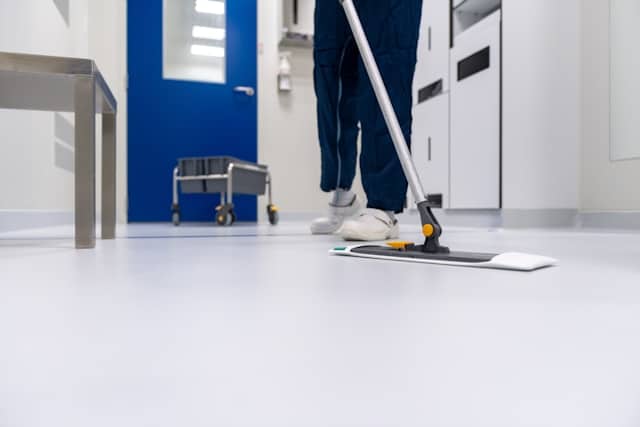
Too much water can warp hardwood floors, especially when mopping. Use cleaners made specifically for hardwood, or mix oil soap, and water, ensuring not to oversaturate the floor.
5. Don’t Ignore Exhaust Fans

Exhaust fans, commonly found in kitchens and bathrooms, help remove pollutants and prevent mold. They pull moisture out of the air, especially after steamy baths or showers, making them essential in humid environments.
6. Watch for Hidden Moisture
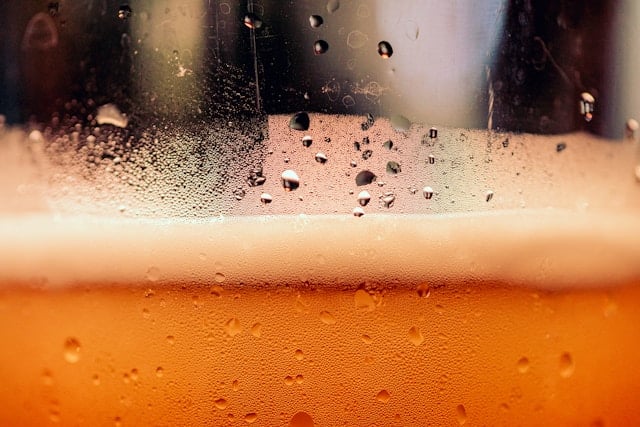
Bathrooms are well-known breeding grounds for mold, but other places like toothbrush holders and fabric items can also harbor bacteria. Allow these items to air dry, and regularly wash towels, rugs, and display towels to prevent bacterial buildup.
7. Be Cautious with Vinegar
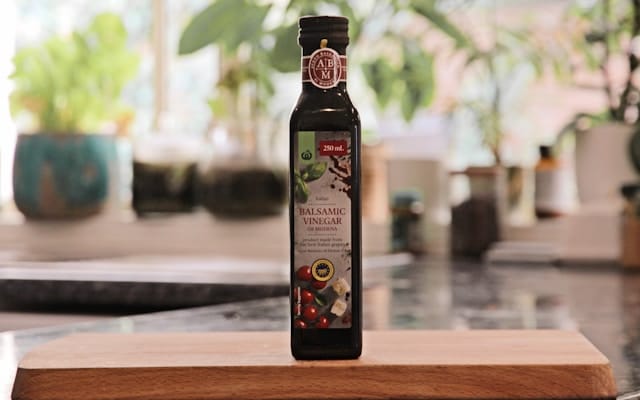
While vinegar is a great natural cleaner, it can damage certain appliances. Its acidity can harm rubber parts in dishwashers and strip sealants from granite countertops, so use it wisely.
8. Let Your Bed Air Out
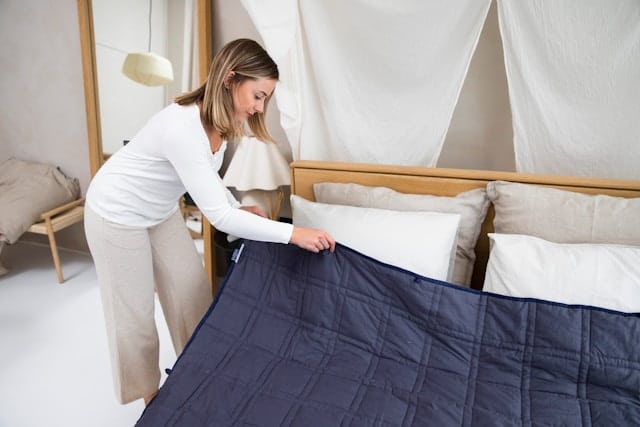
Making your bed right away might not be the best idea. Letting your bed air out before making it can reduce odor-causing bacteria from sweat, preventing bacterial growth.
9. Avoid Sponges for Some Cleaning
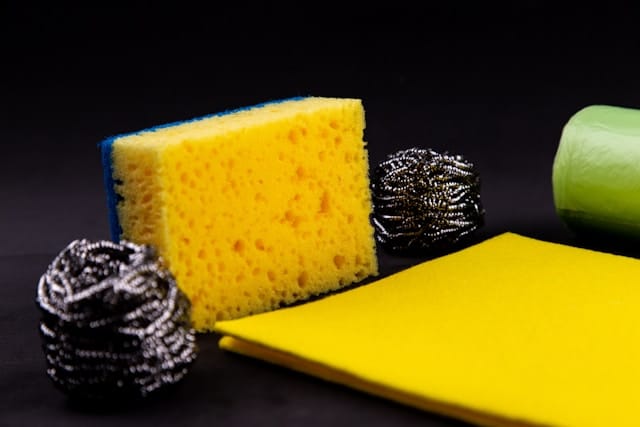
Sponges can spread bacteria, especially when cleaning after meat or produce. Instead, use hydrogen peroxide to disinfect cutting boards, which won’t contaminate your kitchen the way sponges might.
10. Protect Furniture from Sunlight
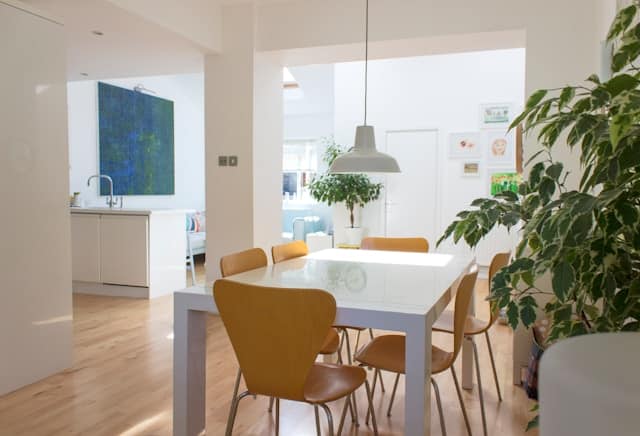
While sunlight can be uplifting, it can also damage furniture. To protect your home, close curtains and blinds when you’re out to reduce sun exposure to your furniture.
11. Vacuum Instead of Sweeping
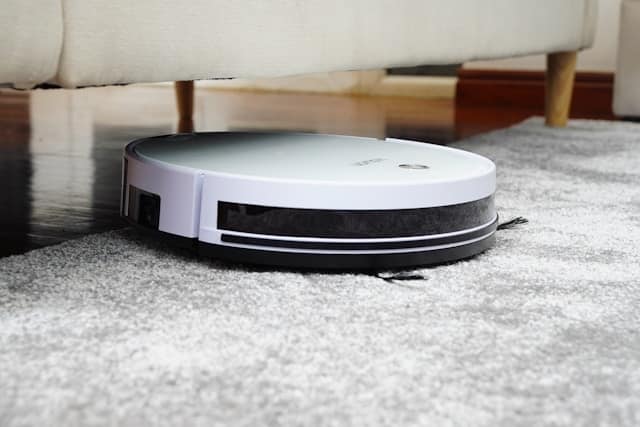
Sweeping may seem helpful, but it often spreads dust around. A vacuum is more effective at picking up dirt and dust, even on hard floors.
12. Don’t Overfill Storage Spaces
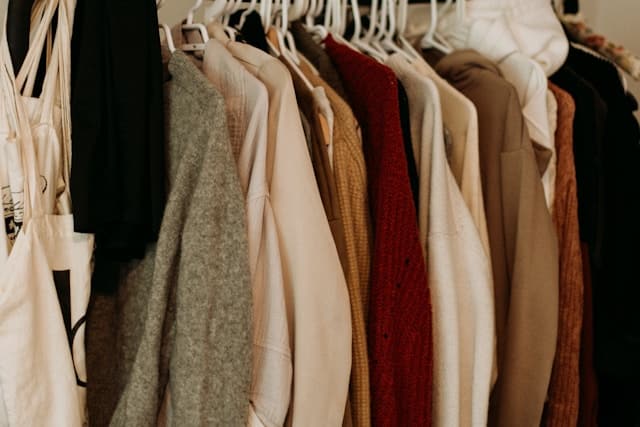
It’s tempting to fill closets and storage areas to the brim, but overstuffing can prevent proper airflow and trap moisture, damaging your home’s structure. Additionally, excessive weight can harm drywall in closets.
By being mindful of these habits, you can better preserve your home and keep it in optimal condition.
